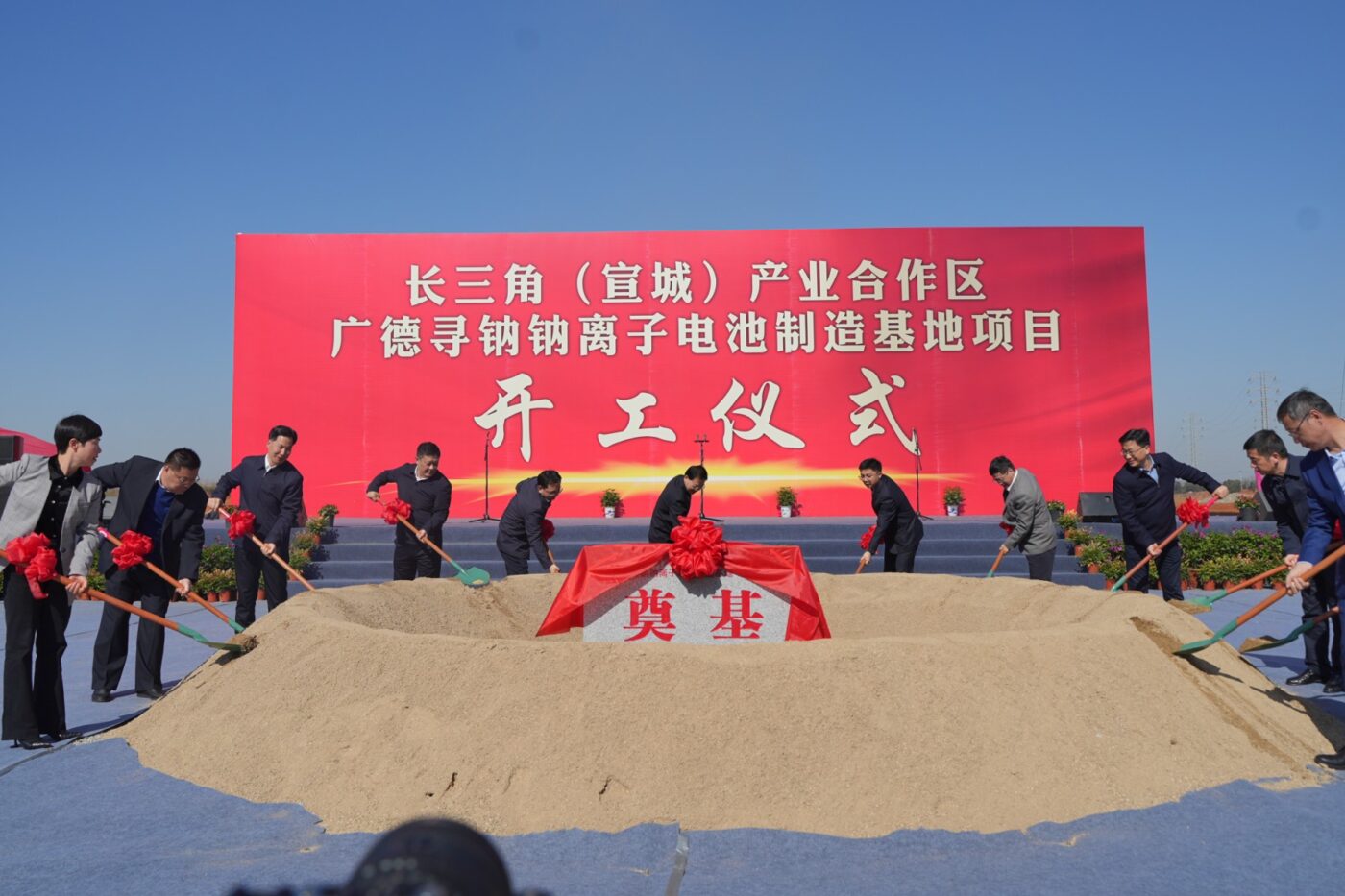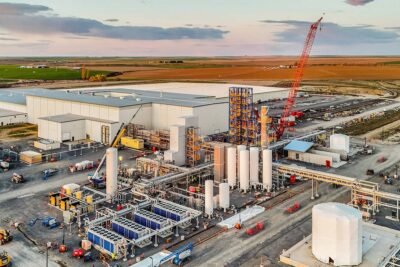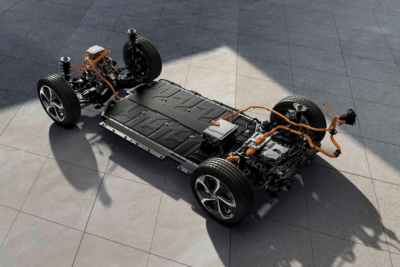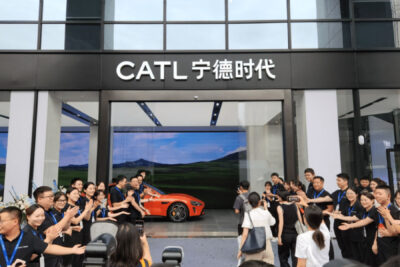Another sodium-ion battery factory is in the making in China for Zoolnasm
The factory in Guangde in Anhui province is designed for an annual capacity of 20 gigawatt-hours for sodium-ion battery cells and a further 10 GWh for corresponding battery systems.
The first construction phase will be completed in August 2024 with an annual capacity of 10 GWh for Na-ion battery cells. Zoolnasm, also known as Zhong Na Energy, has yet to disclose a timeline for phase 2.
The company earmarked 10 billion yuan ($1.4 billion) to build on an area of 600 acres with access to the mighty Yangtze river. The first phase will cost 4 billion yuan with money likely coming through Zoolnasm’s principal investor, Country Garden Venture Capital, the capital arm of real estate giant Country Garden.
Zoolnasm was founded in January 2021 with headquarters in Suzhou, Jiangsu province, east China. The company’s head scientist, Zhao Jianqing, claims fifteen years of research in sodium-ion batteries (SIB). According to the website, Zoolnasm has developed three SIB cathode material preparation technologies, and an unnamed third party has tested its soft-pack battery samples.
Founder Xia Gang said at the groundbreaking ceremony that since its establishment, Zhongna Energy has always adhered to the “accumulation of full-stack technical capabilities” and “building of full-chain mass production capabilities”. It has now completed the construction and integration of technology, team and organisational capabilities and has taken the lead in realizing the company’s products in the market.
Incidentally, also in Jiangsu province but in Suzhou, BYD this week signed a contract with Huaihai to build an SIB plant in China with a capacity of 30 GWh. The budget is also the same budget at ten billion yuan (nearly $195 mn). The aim is to create the “world’s largest supplier of sodium battery systems for small vehicles”, but the partners have yet to set a timeline or start construction.
Still, different from Zoolnasm, BYD already has a model in mind. Their entry segment EV, Seagull, will eventually come in two versions: a 38 kWh battery with LFP and a 30 kWh version with SIBs. The LFP battery variant is already selling at 78,800 yuan (€10,500).
Sodium-ion batteries are one of the few alternatives to Lithium-ion battery (LIB) technology, as these forego the potential scarcity and price of Lithium. Even though SIBs have lower energy density than LIBs, sodium-ion batteries can exhibit lower cell cost in USD/kWh, particularly in times of higher Lithium prices. (Note that Chinese manufacturers with better access to resources in a China-dominated market have also seen the price of lithium fall, which could affect SIB’s competitiveness in future.) We evaluated the technology’s advantages, disadvantages, and potential in a special report last spring.
Lastly, battery giant CATL also wants to move into SIB production from this year onwards. However, this is not about microcars and other light electric vehicles – CATL’s sodium-ion cells will power Chery’s iCar brand, expected this year.
What is more, Europe’s main battery hope, Northvolt just announced also looking into sodium-ion battery technology – but primarily in battery energy storage.
cnevpost.com, zoolnasm.com (in Chinese)





0 Comments